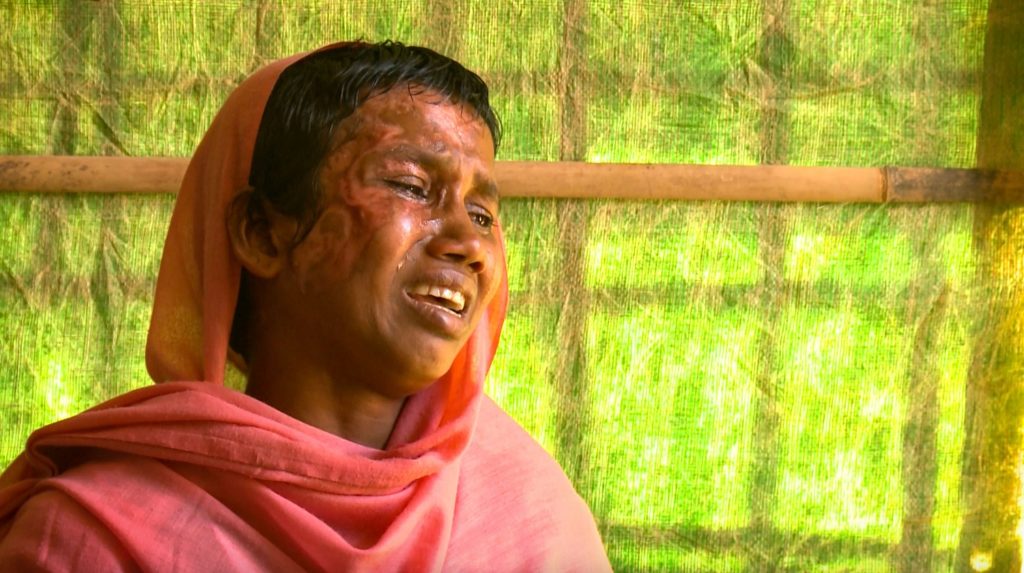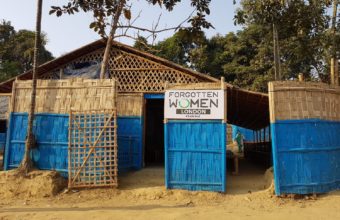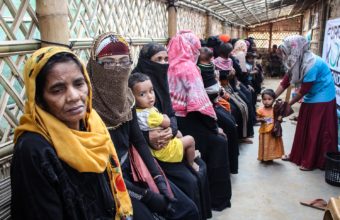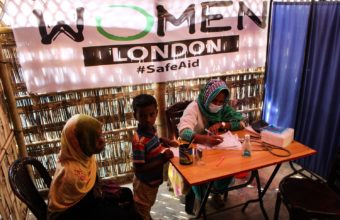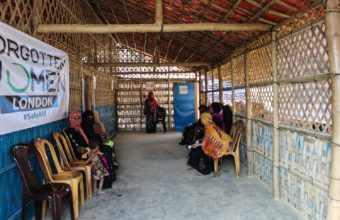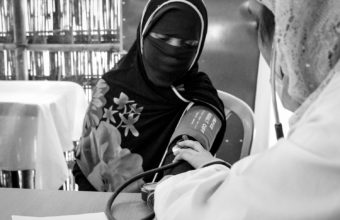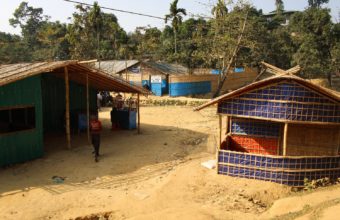Begum is just one of thousands of Rohingyian women who were captured and raped. Brutal gang rapes resulted in thousands of women becoming pregnant. Leaving them with bleeding anal and vaginal tears, infections and trauma. Since August 2017, more than 900,000 people mostly women and children have fled the Rakhine state of Myanmar to safety across the border into Bangladesh. There have been widespread reports of sexual assaults, many accounts have been shared from women who have become de-sensitised of basic human emotions because of the pain and injustices inflicted on them which has had a devastating impact on their mental health.
After fleeing the violence and discrimination in Myanmar these women and girls are struggling to cope with the loss and trauma they experienced. They now live in filthy and overcrowded refugee camps; relief organisations are working with communities to help rape victims deal with the raw emotions that are festering within these women. Mental health workers say refugees are suffering from flashbacks of violent, traumatic events, anxiety, tension, acute stress, recurring nightmares, not being able to sleep, eat or even speak and in more severe cases, being unable to look after themselves or their families.
Our Clinic
Forgotten Women’s trauma clinic in Cox’s Bazar is supporting these women by giving them access to long-term health care services, intense psychological treatment and group counselling sessions. The trauma clinic is seeing on average 105,000 plus women a year providing the following services:
- Mental health services
- One to one trauma therapy
- Group counselling sessions
- Sexual & reproductive healthcare services
- Awareness-raising regarding reproductive health and well-being
- Family planning services
- Pre-natal and post-natal services
- Dignity/maternity kits
- Primary health care
- Free medication
- Blood pressure check-ups as well as general health tests Vaccinations
- Nutrition and health advice for women and girls
- Micronutrient supplementation to pregnant and lactating women to prevent micronutrient deficiencies
- Routine vaccination for pregnant and lactating women
Women here have lost hope in living, we are not coping with what we went through. I have
given up sleep. Bobitha Begum
The team were very overwhelmed to hear the accounts of what the Rohingyian women have had to endure and it was enough confirmation that this project is helping and making a substantial difference to improve the quality of their lives.

